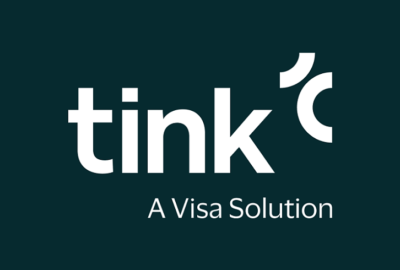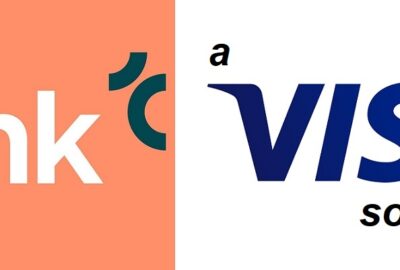4th EU AML Directive will make curbing crime easier, but cost banks millions

As the 4th EU AML Directive comes into force today, a pair of studies suggests that while most UK FS industry financial crime professionals think the new rules will make it easier to prevent money laundering, they are likely to cost banks millions in inefficient KYC checks.
As the deadline for full implementation of AMLD4 hits, a survey of nearly 200 UK professionals by LexisNexis Risk Solutions shows that 73% think it will make preventing money laundering easier. This marks a significant shift in attitudes from two years ago, when just 17% thought the directive would make a change and 32% thought it would make no difference.
However, there is likely to be an associated cost. Research from Consult Hyperion for Mitek suggests that the average UK bank already wastes £5 million a year on manual and inefficient KYYC processes. With AMLD4 and the anticipated AMLD5 increasing the frequency and scope of these essential checks, the annual waste is likely to double to £10 million a year, claims the report.
Total costs for KYC processes range from £10 to £100 per check and, in the UK, a quarter of applications are abandoned due to KYC friction. What’s more, AMLD4 will impose fines as high as 10% of annual turnover for serious breaches.
Consult Hyperion says that eIDs for digital onboarding are still several years away from being widely available but that mobile technology could save millions of pounds on KYC costs.
„The message to all financial institutions is clear: The cost of KYC checks is much too high, placing too much reliance on inefficient and error-prone manual processes,” says Steve Pannifer, COO, Consult Hyperion.
„Getting it wrong is both costly and damaging. New rules will result in much higher fines when serious failures in compliance occur. Financial institutions cannot afford to wait for eID to be widely available. Advanced mobile technology provides a straightforward mechanism now to reduce both cost and risk as well as remove friction from the user experience, increasing top line revenue.”
The Joint Committee of the three European Supervisory Authorities (EBA, EIOPA and ESMA – ESAs) published today its final Guidelines on anti-money laundering and countering the financing of terrorism (AML/CFT). The Guidelines promote a common understanding of the risk-based approach to AML/CFT and set out how it should be applied.
The Guidelines provide credit and financial institutions with the tools they need to make informed, risk-based decisions on the effective management of individual business relationships and occasional transactions for AML/CFT purposes.
Source: finextra.com
Anders Olofsson – former Head of Payments Finastra
Banking 4.0 – „how was the experience for you”
„So many people are coming here to Bucharest, people that I see and interact on linkedin and now I get the change to meet them in person. It was like being to the Football World Cup but this was the World Cup on linkedin in payments and open banking.”
Many more interesting quotes in the video below:










